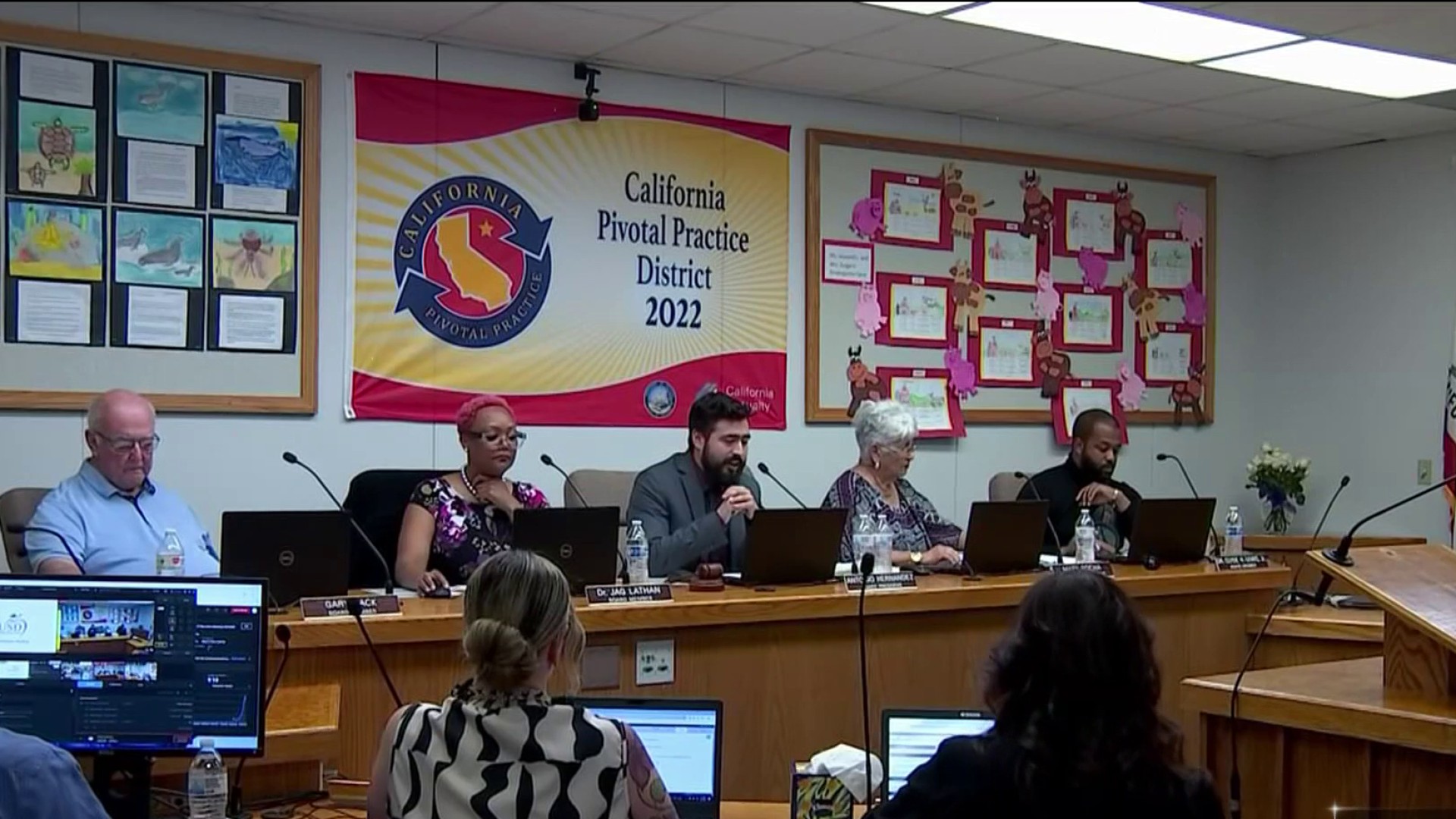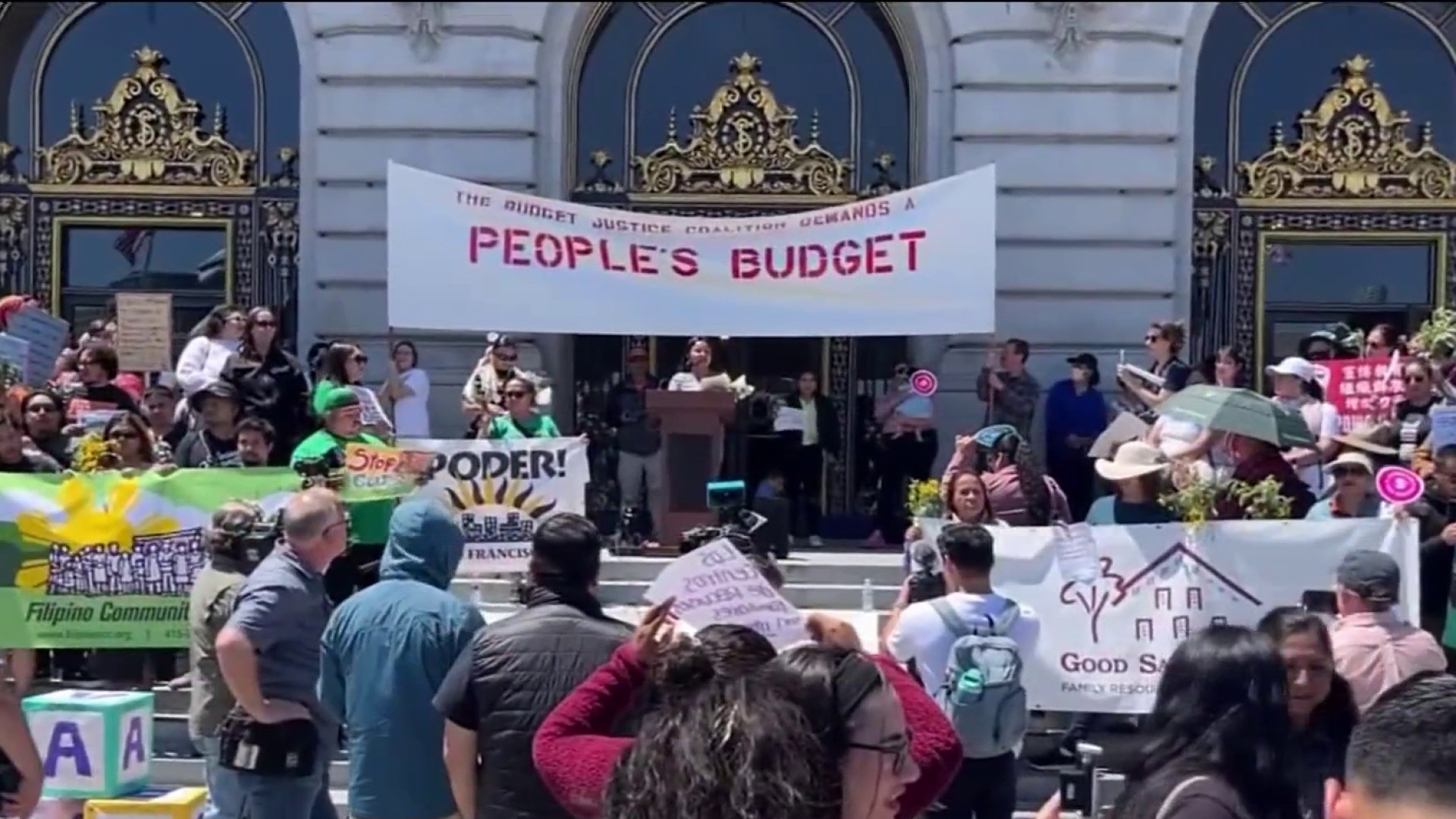The new year will also bring a slew of new California laws that could affect your everyday life. From your commute, to your paycheck, and even your job.
Among the dozens of new laws taking effect on Jan. 1, there's one that will get the attention of parents and kids.
Big box stores that sell toys will now be required to maintain a gender-neutral toy section.
The bill's author, South Bay legislator Evan Low, said the goal is to eliminate stereotypes about what kind of toys each gender should play with.
Get a weekly recap of the latest San Francisco Bay Area housing news. Sign up for NBC Bay Area’s Housing Deconstructed newsletter.
Though California is the first state to do this, some retailers have already been doing it.
Target announced in 2015 that it would stop using some gender-based signs in its stores.
Consumer groups say this law will also help shoppers better-compare deals. They say similar toys marketed to boys and girls are sometimes priced differently.
Local
“With this economy right now and with inflation prices so high, it gives customers another option to compare pricing, yeah I’m all for it,” said Veronica Pena of San Jose.
“It gives people options and it lets them make the decision, instead of taking the decision out of the hands of consumers,” said Aaron Davis of San Jose.
There will be changes on the roads too. A speed camera pilot program was given the green light to begin Jan. 1.
San Francisco, Oakland, and San Jose are among a handful of cities that will be allowed to place up to 33 cameras in school zones, and areas with high accident rates.
That means you could see a ticket in your mailbox for speeding, without ever being pulled over.
“We had 65 deaths of pedestrians, bicyclists, and drivers this last year. We’ve got to do better,” said San Jose Mayor Matt Mahan.
Fines could range from $50 to $500.
In San Jose, Mahan expects the cameras will be installed in the summer.
“The reality is they’re deployed in over 150 major cities around the world and in many U.S. states,” he said. “Where they’re deployed we see a reduction in accidents of over 50%.”
Another new law expands sick leave. Employees of most companies must now receive at least three days of paid sick leave by the 120th calendar day of employment, and at least five days by their 200th day on the job.
And finally, new rules surrounding the use of cannabis. California law will now prevent most companies from firing workers for consuming cannabis off the clock. If you show up to work high you can still be fired, though.
It also doesn’t apply to some trades – like construction or federal employees – so you'll want to check with your employer.



